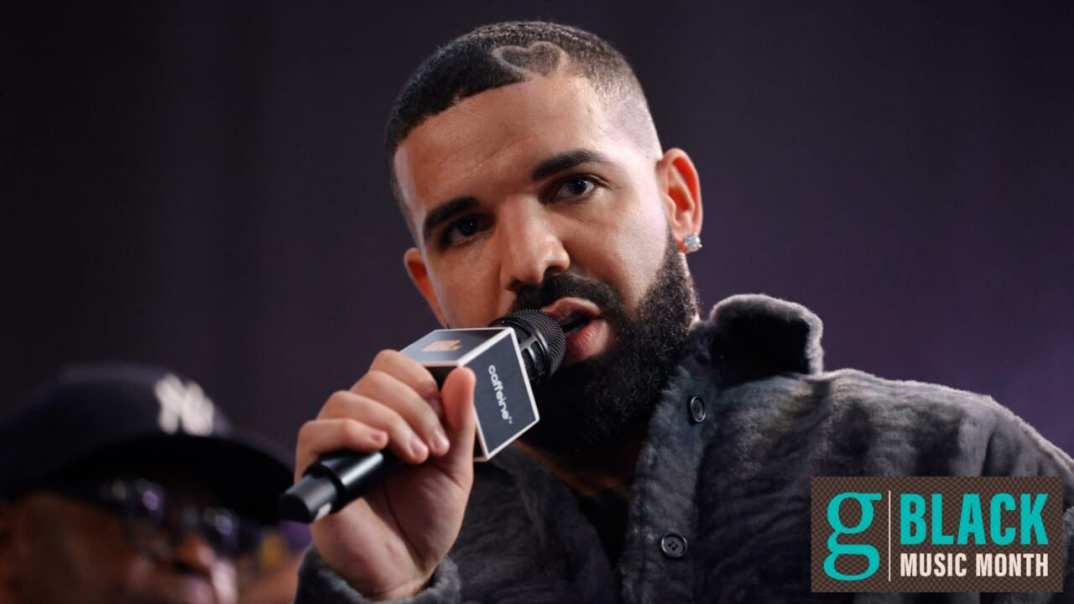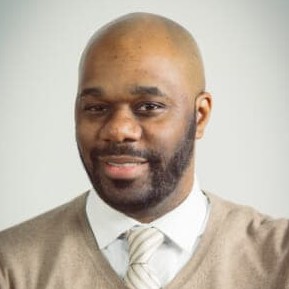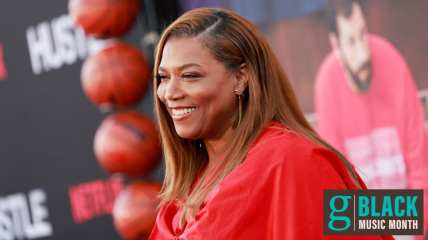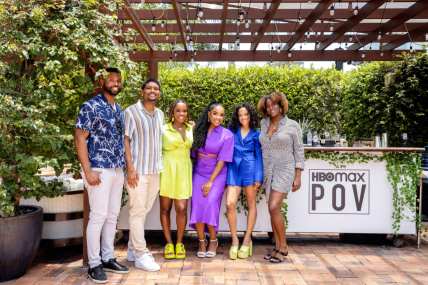Is rap music in danger…’honestly, nevermind’: The relationship between hip-hop and house music
OPINION: As Drake continues to receive backlash for his new album, 'Honestly, Nevermind,' theGrio examines the history of rap and house music coming together and whether hip-hop is in danger of losing its identity.

Editor’s note: The following article is an op-ed, and the views expressed are the author’s own. Read more opinions on theGrio.
Drake’s new project, Honestly, Nevermind, created a collective gasp in music. The surprise album dropped without warning, leaks or announcements, coming out just 10 months after his previous album, Certified Lover Boy.
Some fans were looking for a return to form after the mixed reviews of Certified Lover Boy, another crop of his infectious fusion of rapping and singing over memorable beats. What they got instead was an exercise in house music. Honestly, Nevermind finds little traces of Drake, the rapper, as the Canadian superstar sang over house music tracks.
Although Drake has dabbled with similar sounds in the past, many have scoffed at the album, calling it the worst of his career less than a week after its release. This week, Irv Gotti spoke with TMZ about the album, saying that he hopes this isn’t the start of a trend in hip-hop. The producer said it may cause “ the demise of rap, the demise of hip-hop.”
Gotti feels that because Drake is “so strong and powerful, he can change the dynamic” of hip-hop music trends, thus eventually triggering the end of the genre as we know it. Honestly, Nevermind is a practice of an artist using his prerogative to create music outside of what people expect of him, which in fairness, Gotti stated that Drake has the right to do.
Drake dropping a new album with no prior explanation and even a lead single to prep his fans is understandably contributing to why so many consumers are upset. Listeners didn’t get a chance to absorb the idea that Drake would devote an entire album in this direction.
With that notion in mind, the idea that Gotti suggested that Drake may start a trend of rap and hip-hop artists veering towards house and dance music that would be hip-hop’s death knell is somewhat misguided.
House music, a Black dance music subgenre with origins in Chicago led by pioneers like Frankie Knuckles, has been cross-pollinating with hip-hop long before this and was met with acceptance. Honestly, Nevermind’s backlash indicates that hip-hop fans and critics were far more open-minded 30 years ago.
In the late 1980s, rap music was beginning its crest as the eventual dominant force on American radio and for American record buyers. It was also when hip-hop artists felt less constrained to stay with conventional production because it was still evolving. Producers were crafting beats from numerous sources. Ice-T sampled heavy metal act Black Sabbath on the intro of his 1987 debut album, Rhyme Pays, while Doug E. Fresh and the Get Fresh Crew incorporated elements of Go-Go music on their 1988 album, The World’s Greatest Entertainer.
House music was no exception. Several U.K. artists like Technotronic’s “Pump Up the Jam” and Snap’s “I Got The Power” achieved massive success fusing rap with house. Stateside, it was happening with great acceptance as well. Doug Lazy, a DJ and music producer, dropped “Let It Roll,” a house music track he rhymes over while incorporating rap samples in 1989. The song was one of his three No. 1 Billboard Dance chart singles.
The Jungle Brothers were known for being proponents of so-called jazz-rap in the late 1980s, paving the way for their Native Tongue brethren, A Tribe Called Quest and De La Soul. One of the most famous recordings is their 1989 single, “I’ll House You,” which celebrates the culture of dancing to house music. Another Native Tongue member, Queen Latifah, made a big splash with her 1989 single, “Come into My House.”
All this was happening as house music was thriving on the radio. One minute, you might hear Robin S.’ “Show Me Love,” or Crystal Waters’ “Gypsy Woman (She’s Homeless).” CeCe Peniston’s “Finally” smashed the airways while “Deep Inside” by Harddrive and Soho’s “Hot Music” were becoming instant dancefloor classics.
And yet, hip-hop continued to grow. West Coast G-Funk came through in a big way with Dr. Dre, Snoop Dogg, and DJ Quik leading the way. Biggie, Jay-Z, Wu-Tang Clan, Naughty By Nature, and Nas became the face of East Coast hip-hop that slowly but surely began infiltrating the pop charts by the mid-1990s. House music didn’t manage to spoil hip-hop and rap’s development.
House and hip-hop continued to fuse in the 21st century. Grammy-winner Katranaya’s 99.9% and Bubba albums placed house music components adjacent to rappers like Vic Mensa, Goldlink and Phonte. In 2020, Grammy-nominated British house duo Disclosure recruited rappers Mick Jenkins and Common for their Energy album.
So, the precedent for hip-hop and house working together has long been proven. Drake releasing a whole house music record to a fanbase that wasn’t expecting it is admittedly a hard pill to swallow. However, to think that this will cause the downfall of rap is simply hyperbole. House and hip-hop have worked together well for decades, and there’s no reason to believe the two genres can’t coexist and amalgamate without any problems.

Matthew Allen is a Brooklyn-based TV producer, director and award-winning music journalist. He’s interviewed the likes of Quincy Jones, Jill Scott, Smokey Robinson and more for publications such as Ebony, Jet, The Root, Village Voice, Wax Poetics, Revive Music and Soulhead. His video work can be seen on PBS/All Arts, Brooklyn Free Speech TV and BRIC TV.
TheGrio is FREE on your TV via Apple TV, Amazon Fire, Roku and Android TV. Also, please download theGrio mobile apps today!


